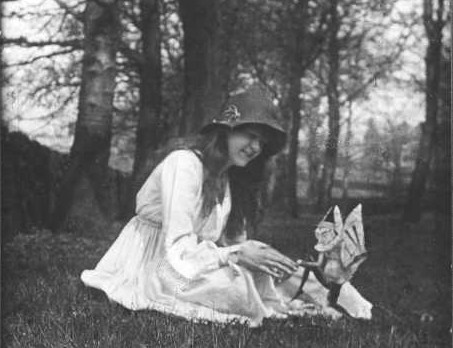Forgive your dying daughter. I have but a few moments to live. My native soil drinks my blood. I expected to deliver my country but the fates would not have it so. I am content to die. Pray, Pa, forgive me. Tell ma to kiss my daguerreotype.
P.S. — Give my gold watch to little Eph.
— Telegram dictated by “Emily” (last name unknown), who left home to join the Union army as a man and was fatally wounded in Tennessee at age 17




